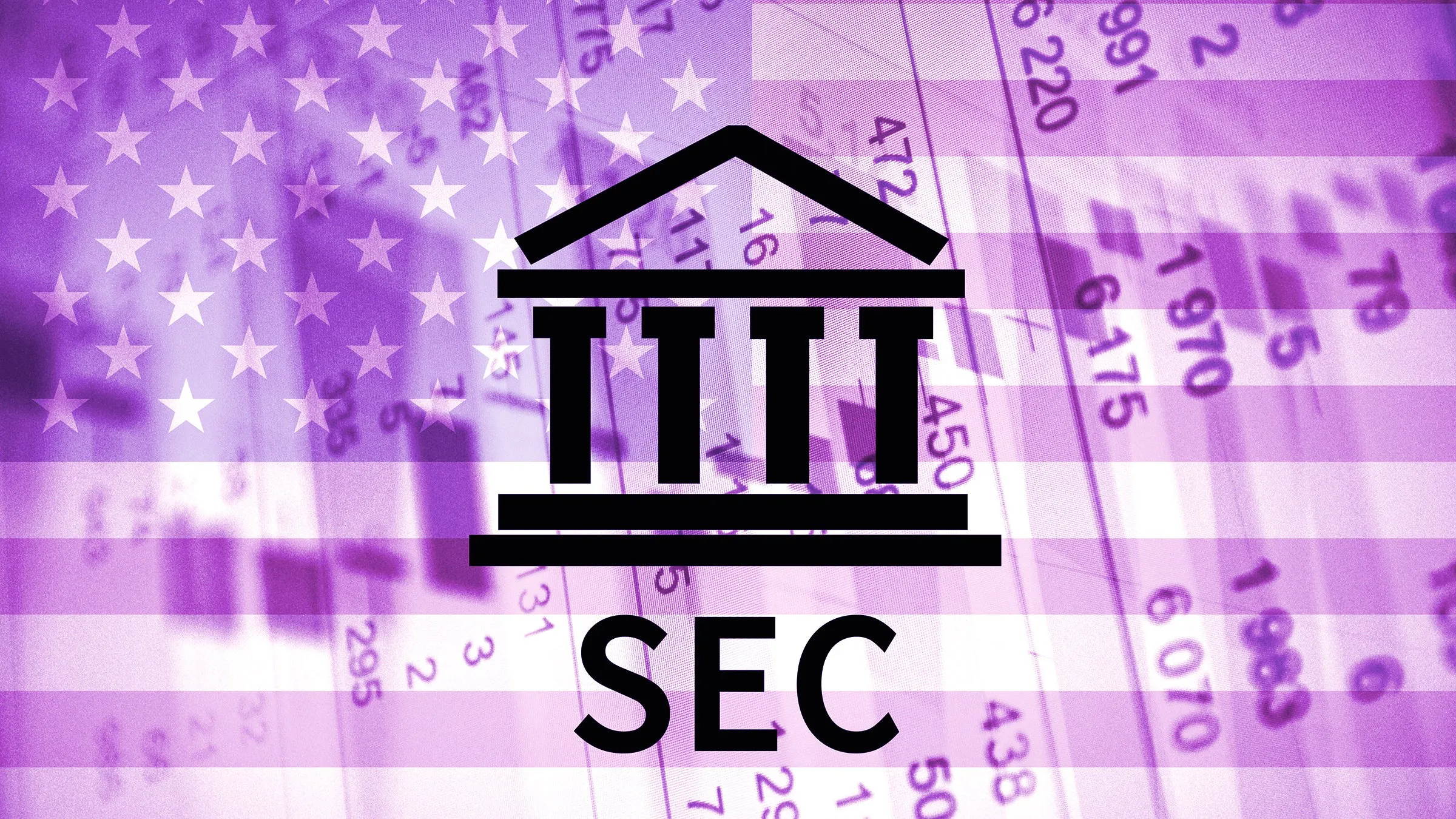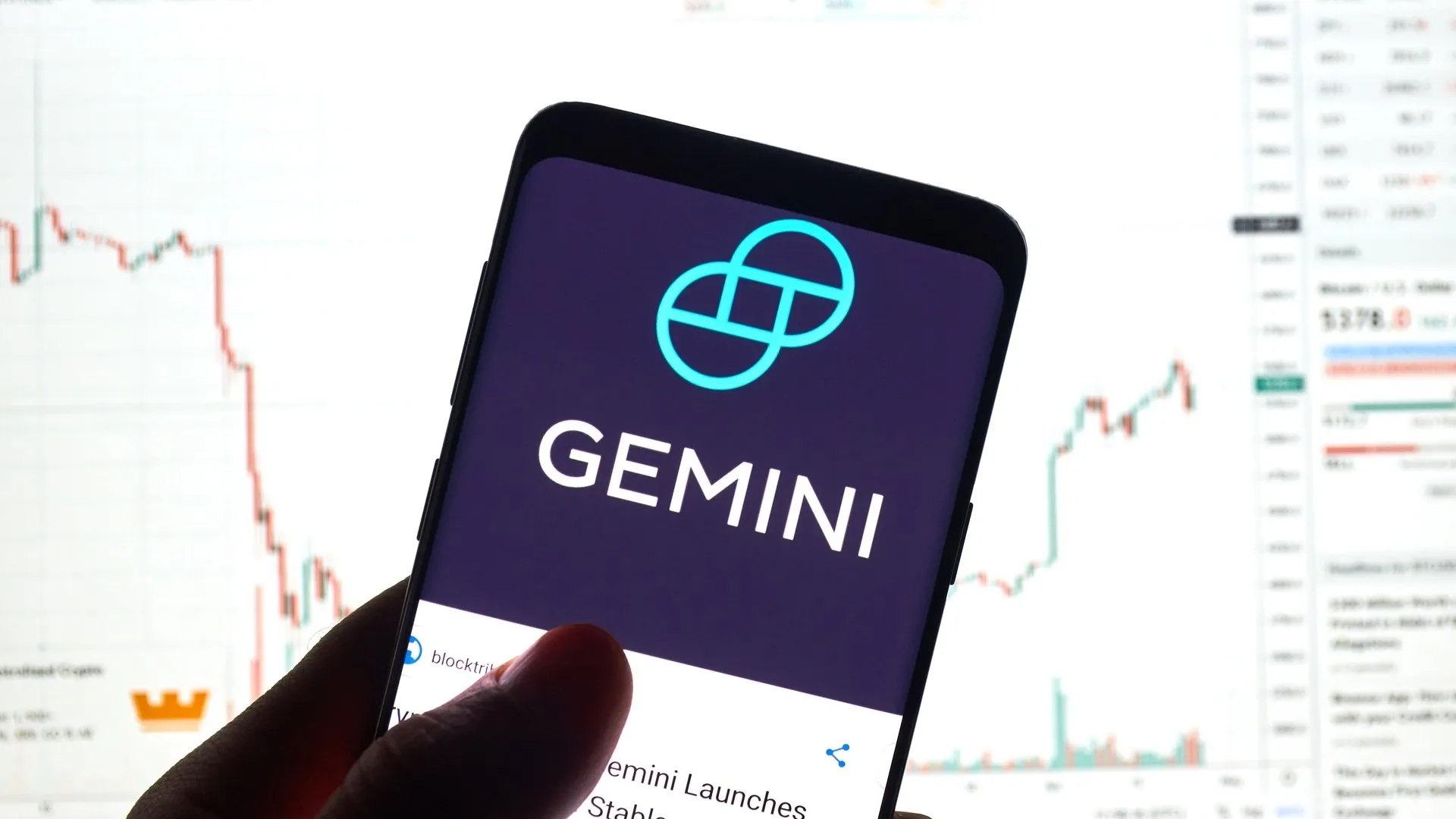Embattled cryptocurrency exchange Gemini is urging a federal judge to throw out a lawsuit filed in January by the Securities and Exchange Commission because the federal regulator did not establish a clear case that the company was selling unregistered securities.
In a 15-page filing submitted on Friday, Gemini’s lawyers assailed the SEC’s argument that its interest-earning Gemini Earn program and a separate loan program qualified as sales to customers. Based on the SEC’s assertions to date, they argue that the regulator cannot prove its case before the court.
"Even assuming for the sake of argument that SEC has somehow described a security (under either of its inconsistent theories), it has not plausibly alleged that such security was ever sold or offered for sale," wrote the Gemini lawyers.

SEC Hits Genesis, Gemini With Securities Law Violations for Gemini Earn Program
The beleaguered Gemini Earn program is now the linchpin in a new set of charges filed by the Securities and Exchange Commission against both Genesis and Gemini. In announcing the charges, the SEC says the firms "raised billions of dollars' worth of crypto assets from hundreds of thousands of investors" in Gemini Earn, describing it as an unregistered offering that qualifies as the sale of securities to retail investors. "We allege that Genesis and Gemini offered unregistered securities to the pu...
On January 12, the SEC sued Gemini and crypto lender Genesis on charges of selling unregistered securities to retail investors. In their complaint, the SEC specifically cited Gemini Earn and the company’s Master Digital Asset Loan Agreement (MDALA) as securities offered to as many as 340,000 investors.
The question of whether crypto tokens count as securities under existing law has bedeviled industry players, who chafe at what they say is a lack of regulatory clarity from the SEC—and its reliance on enforcement actions. The SEC and its Chairman Gary Gensler counter that the law is clear, and that it is a refusal on the part of crypto companies to follow it that sparks its lawsuits.
In their filing, Gemini’s lawyers left open the possibility that Gemini Earn or MDALA could count as securities, but bitingly rejected the notion that they were being sold to customers.

Genesis Files for Bankruptcy, Has $150 Million In the Bank
Digital currency brokerage Genesis announced that it filed for Chapter 11 bankruptcy late Thursday. "An in-court restructuring presents the most effective avenue through which to preserve assets and create the best possible outcome for all Genesis stakeholders,” said Genesis' interim CEO Derar Islim in a prepared statement. The company, which is a subsidiary of Digital Currency Group (DCG), says that it has more than $150 million in cash on hand, which it describes as "ample liquidity" to fund o...
On MDALA, they assert that the loan agreements were not "offered and sold" to customers on terms that would count as a securities sale under the law, and that the SEC's arguments in this direction are "fundamentally inconsistent."
"A child running a lemonade stand knows that when something is sold, ownership of the thing at issue—the lemonade—transfers from the seller to the buyer, in exchange for value," wrote the lawyers. "Even if MDALAs are securities, the SEC has not made plausible non-conclusory allegations that they were ever sold or offered for sale."
For Gemini Earn, the lawyers were more blunt in their criticism of the SEC's allegations that the program itself counted as a security, something they said has no basis in fact.

Digital Currency Group Wants 'Hodgepodge' Gemini Lawsuit Tossed Out
Digital Currency Group (DCG) and CEO Barry Silbert filed a motion on Thursday to dismiss a lawsuit brought by Gemini Trust Company last month. Gemini accused DCG and Silbert of making "false, misleading, and incomplete representations” to Gemini after Genesis—which is owned by DCG—filed for Chapter 11 bankruptcy in January. Gemini’s complaint included an allegation that Silbert knew Genesis was “massively insolvent” after it sustained hefty losses from the collapse of crypto hedge fund Three Arr...
"With all respect, this is frivolous," they wrote. "The assertion, besides being untethered from the facts alleged in the complaint, bears no relation to reality."
Through the Gemini Earn program, customers were promised high interest rates on cryptocurrencies invested in it. The Gemini lawyers said that earning interest on invested tokens did not count as a securities sale, but were instead borrowed assets that could be returned on demand.
Gemini’s call to dismiss the lawsuit comes amid a separate legal battle with Genesis’ parent company Digital Currency Group (DCG). Last month, DCG called on a federal judge to throw out a lawsuit from Gemini that alleged DCG misled it on the financial health of Genesis, which filed for Chapter 11 bankruptcy shortly after the SEC’s lawsuit against the two. The lawsuit came in the wake of failed exchange FTX’s collapse, which prompted Genesis to halt customer withdrawals last November.

Gemini Earn Users Pursue Class-Action Arbitration Over Genesis-DCG 'Sham Transaction'
Three Gemini Earn users are seeking arbitration in a class action lawsuit against crypto broker Genesis and its parent company Digital Currency Group (DCG). The lawsuit alleges that Genesis attempted to conceal its insolvency via a “sham transaction” involving debt owed by bankrupt crypto hedge fund Three Arrows Capital. Genesis was the primary partner for Gemini Earn, a service offered by the popular cryptocurrency exchange Gemini, which allowed users to deposit their cryptocurrencies and recei...




